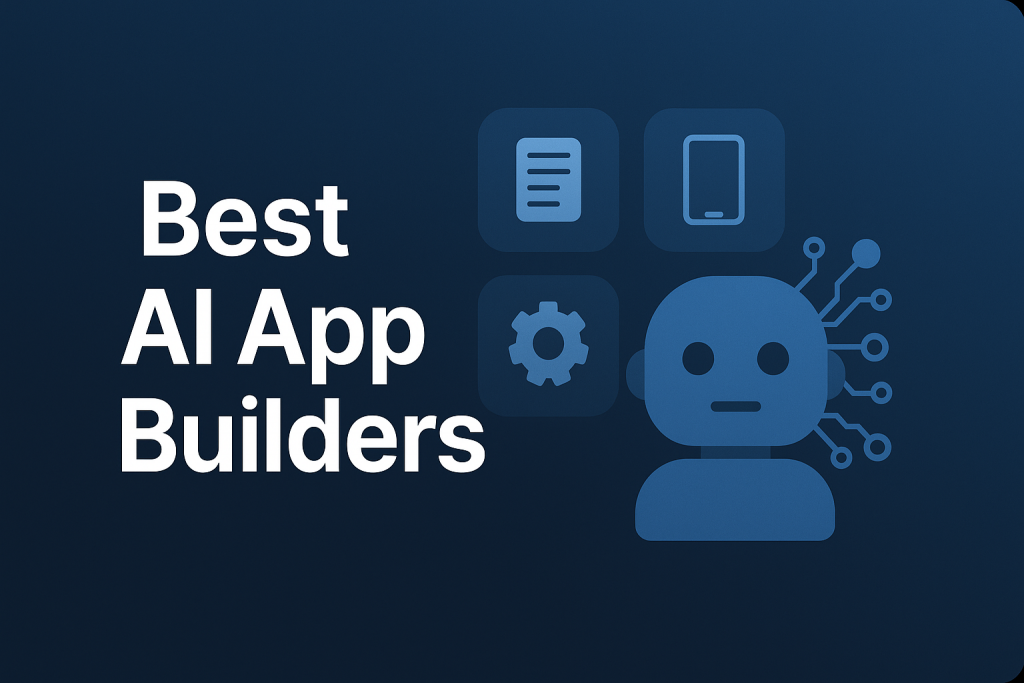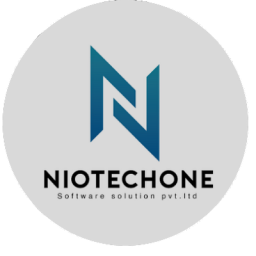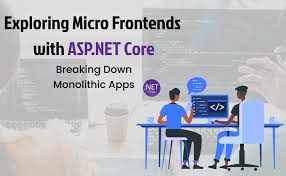
Introduction: The Rise of AI in App Creation
In a fast-paced digital era, businesses and creators are constantly seeking faster, cost-effective, and innovative ways to build apps. Traditional development methods often demand significant resources—time, expertise, and money. This is where AI-powered mini app builders step in as game-changers.
These tools leverage the power of artificial intelligence to enable users—regardless of coding knowledge—to build, deploy, and manage functional mini applications in record time. Whether you're a startup, a solopreneur, or an enterprise, these builders can significantly streamline your product development lifecycle.
What Are AI-Powered Mini App Builders?
AI-powered mini app builders are platforms that use machine learning and automation to simplify the creation of compact, task-specific applications (mini apps). These apps can run within ecosystems like WeChat, Meta (Facebook), Snapchat, Instagram, or as standalone Progressive Web Apps (PWAs).
They typically offer:
1. Drag-and-drop interfaces
2. Pre-trained AI design assistants
3. Smart logic mapping
4. API integrations
5. Real-time previews
With minimal input, the AI system interprets user intent, generates backend logic, and deploys a fully functional application within minutes.
Why Mini Apps Matter Today
1. Faster Time-to-Market
Mini apps can be built and deployed in a fraction of the time compared to traditional applications, helping businesses go live faster.
2. Cost Efficiency
AI-powered builders reduce the need for large development teams, cutting down software development costs dramatically.
3. Platform Integration
They seamlessly integrate into ecosystems like WeChat, Snapchat, or Facebook, enabling brands to reach users directly within popular platforms.
4. Hyper-Personalization
AI can analyze user behavior to personalize app features, increasing engagement and retention.
Key Features of AI Mini App Builders
● Natural Language Processing (NLP)
Users can describe what they want in plain English (or other languages), and the AI translates it into code.
Example: Type “Create a product catalog with a shopping cart,” and the system generates the complete module.
● Pre-built Templates and UI Libraries
AI picks the most suitable design templates based on the app type (e.g., food delivery, event booking, quiz app).
● Backend Automation
The builder auto-generates APIs, databases, and logic connections using AI.
● Smart Testing and Debugging
AI identifies errors, suggests optimizations, and even auto-corrects logic bugs.
● Auto Deployment
With one click, your app can go live on a web, mobile, or mini app platform without manual configuration.
Top AI-Powered Mini App Builders in the Market
1. Appy Pie AI
Popular for no-code and AI-assisted mini app building. Features include chatbot creation, e-commerce support, and multilingual AI builders.
2. Builder.ai
Offers AI-powered workflows to generate full apps with smart suggestions and cloud integrations.
3. Flutter Flow with AI Addons
Combines visual Flutter app building with AI-based code generation and Firebase backend integration.
4. Retool AI
Best for building internal tools using AI. Easily connect data sources and generate dashboards, CRUD apps, and more.
5. Pineapple.ai
An emerging platform focused on AI microapps for e-commerce and service-based businesses.
Use Cases of AI Mini App Builders
Retail & E-Commerce
Product catalogs
Loyalty programs
Order tracking mini apps
Event Management
RSVP tools
Interactive schedules
Polls and quizzes
Healthcare
Appointment booking mini apps
Health record viewers
Symptom checkers
Education
Micro-learning platforms
Quiz builders
Interactive flashcards
Finance
Budget calculators
Loan application trackers
Investment portfolios
Challenges & Limitations
Despite their advantages, AI-powered mini app builders still face:
Scalability issues: Suitable mostly for lightweight use cases.
Data privacy concerns: AI platforms handling user data need to be audited.
Limited customization: Deeply customized or complex features may require manual coding.
Vendor lock-in: Some platforms restrict app exportability.
Best Practices for Using AI App Builders
Define the app’s objective clearly.
Use AI suggestions as a starting point, not the final product.
Ensure GDPR or HIPAA compliance if collecting sensitive data.
Regularly test across devices and platforms.
Collect user feedback and iterate with AI tools.
The Role of AI in Future App Ecosystems
AI is no longer a futuristic concept—it’s actively reshaping the app development lifecycle. As large tech platforms continue investing in mini app ecosystems (like Meta’s Micro Experiences or Apple’s App Clips), the demand for quick, smart app solutions will explode.
Gartner predicts that by 2026, 60% of new mobile app development will be AI-assisted. Mini apps will be a major driver of this transformation.
Industries That Will Benefit the Most
Retail & Commerce – personalized mini shopping apps
Education – bite-sized e-learning apps
Real Estate – property showcase apps
Travel & Hospitality – booking and itinerary tools
Marketing Agencies – campaign-specific micro apps
Conclusion: Embrace the AI-Powered App Revolution
AI-powered mini app builders are reshaping how we approach mobile and web app creation. They democratize development, enable rapid experimentation, and help businesses stay competitive with lower costs and faster iteration cycles. While they may not replace full-fledged apps yet, they’re perfect for testing ideas, creating MVPs, or deploying lightweight solutions across any industry.
The future belongs to those who build faster, smarter, and with AI. Are you ready to launch your next app in a day, not a month?
FAQs
Q1. What are mini apps?
Mini apps are lightweight, modular applications designed to perform specific tasks, often within larger platforms or ecosystems like WeChat or Google Pay.
Q2. Can AI really build complete apps?
Yes. While not suitable for all use cases, AI can build functional, ready-to-use mini apps with basic logic and UI.
Q3. Are AI-powered builders secure?
They offer built-in security features, but users must ensure proper compliance and data protection settings.
Q4. Who can use AI-powered mini app builders?
From entrepreneurs to marketing teams, anyone with minimal technical knowledge can build apps using these platforms.
Q5. What industries benefit most from mini app builders?
Retail, education, events, healthcare, logistics, and SMBs benefit the most due to their need for quick, scalable solutions.








Write a comment ...